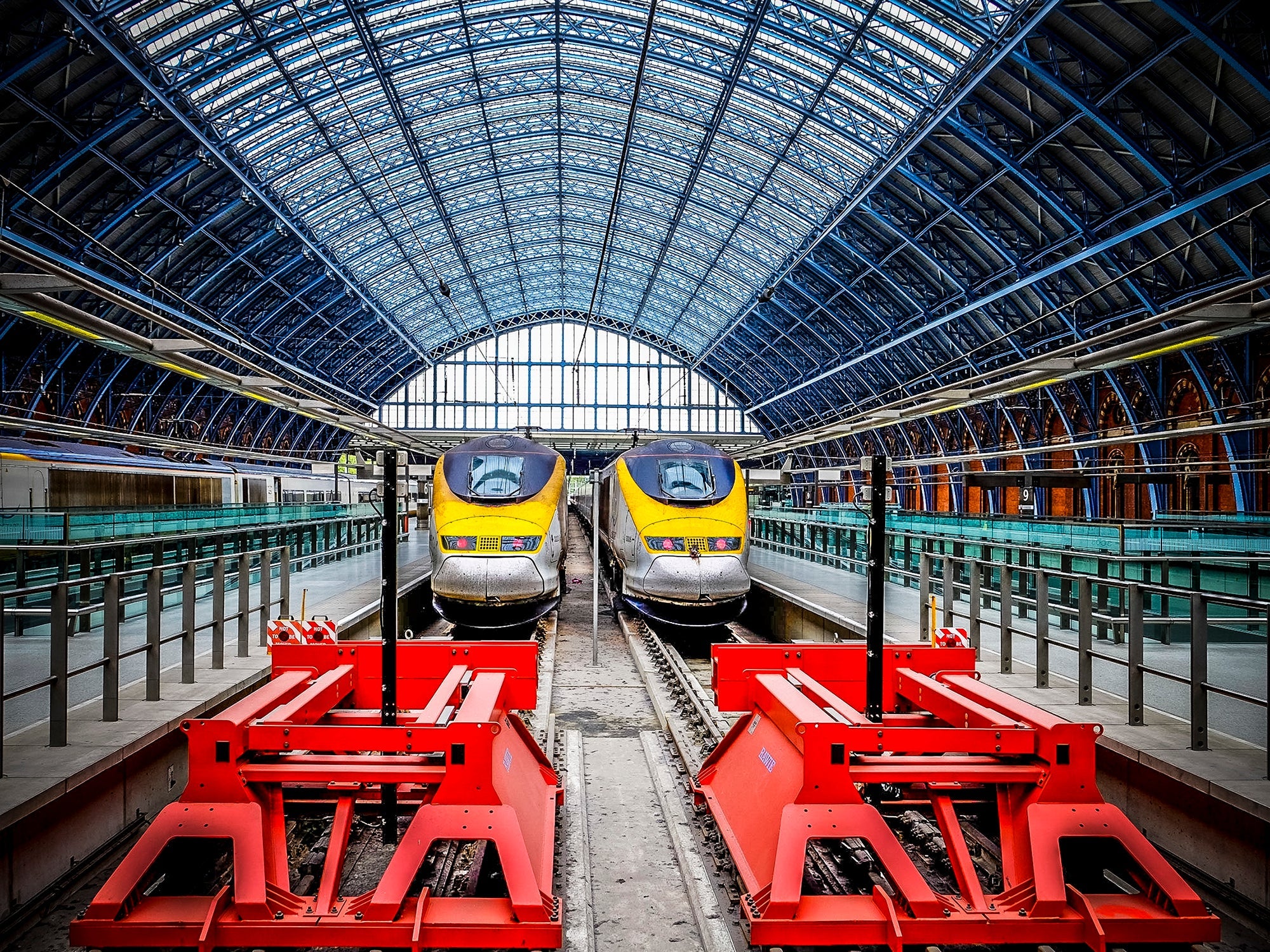Coronavirus quarantine: Is your travel booking now a lottery ticket?
The Man Who Pays His Way: What is the government’s end game for the travel industry?

“A year ago you couldn’t move in here,” said the young worker at one of the pubs at London St Pancras station.
“Some days we’d take £10,000. Now we don’t take half that in a week.”
During the course of Friday, I made a modest contribution to the takings while turning it into a pop-up media hub at the international rail terminal.
I was there to report on the unseemly but entirely predictable stampede for travellers from France, the Netherlands and Malta, trying to reach the UK before the quarantine deadline of 4am on Saturday.
“France is going the wrong way,” declared Grant Shapps on the BBC Today programme. The transport secretary was talking about coronavirus infection levels across the Channel, which have seen significant spikes in the number of cases in Paris and Marseille.
His reimposition of quarantine caused many francophile British motorists to pack up their cars and set off north in a desperate (and probably fruitless) bid to be back well before dawn on Saturday. Along the autoroute, they must have wondered whether the joy of glorious isolation of a gite rural in the Dordogne really justified the miserly self-isolation for two weeks in a room at home.
Many of the hundreds of thousands of British citizens currently in France chose to travel there on or after 3 July – the day our beautiful, cultured and delicious neighbour was declared tolerably low risk. But due to rising infection numbers, the government flipped, and fired the starting gun for the great Channel sprint at 10pm on Thursday. Unfortunately, the race was already on before the rules were settled.
For France and the Netherlands, both with extensive ferry links to the UK that were suddenly oversubscribed, the crucial point was the 4am deadline. The time the vessel sets sail? When it reaches UK territorial waters? The moment it docks? Or when each individual traveller sets foot (or wheel) on British soil, or tarmac? I was finally told, on Friday afternoon, it was the time the ship ties up at a UK port.
During a global pandemic when lives and livelihoods are at risk, it is vital for governments to think things through – not to act first and pick up the pieces later.
The transport secretary also told the Today programme: “People will have gone away knowing there was a significant chance of this happening.” The implication: any international travel booking is little more than a lottery ticket.
The government has never made clear its end game for the travel industry, and the millions of us who cherish its benefits. For the many whose jobs depend on travel – such as my friend in the pub, currently working just one day a week – the destination looks perilously like oblivion.
Join our commenting forum
Join thought-provoking conversations, follow other Independent readers and see their replies
Comments
Bookmark popover
Removed from bookmarks